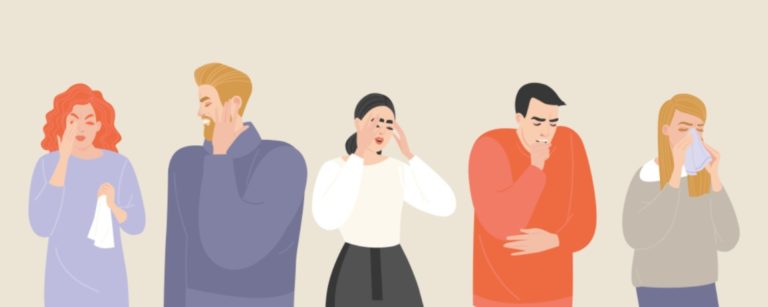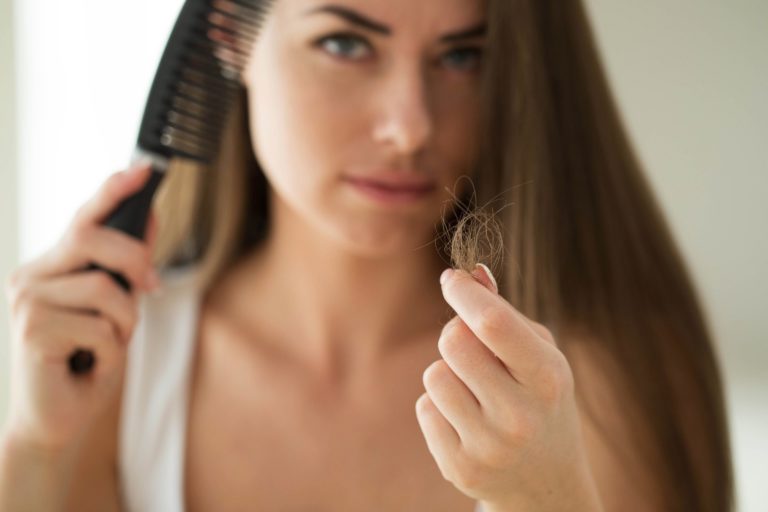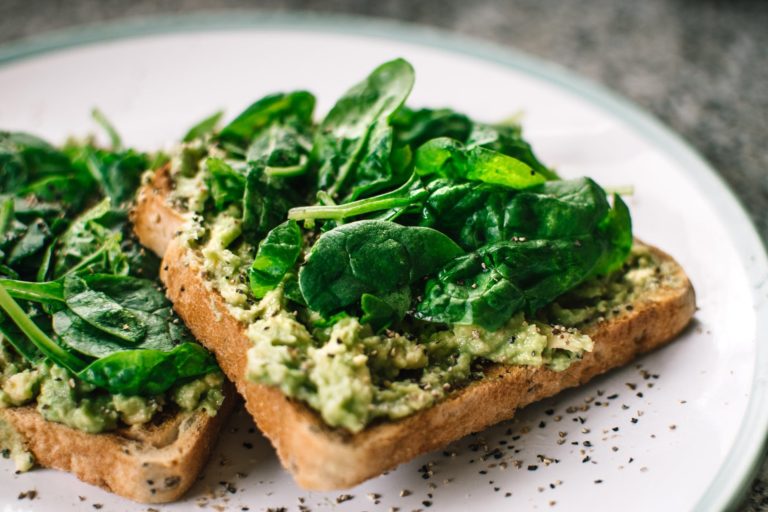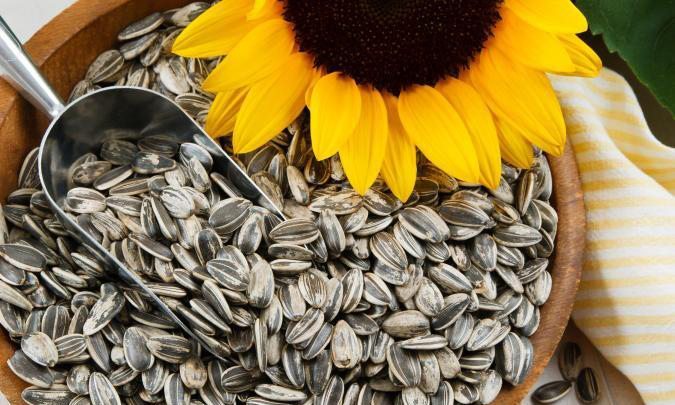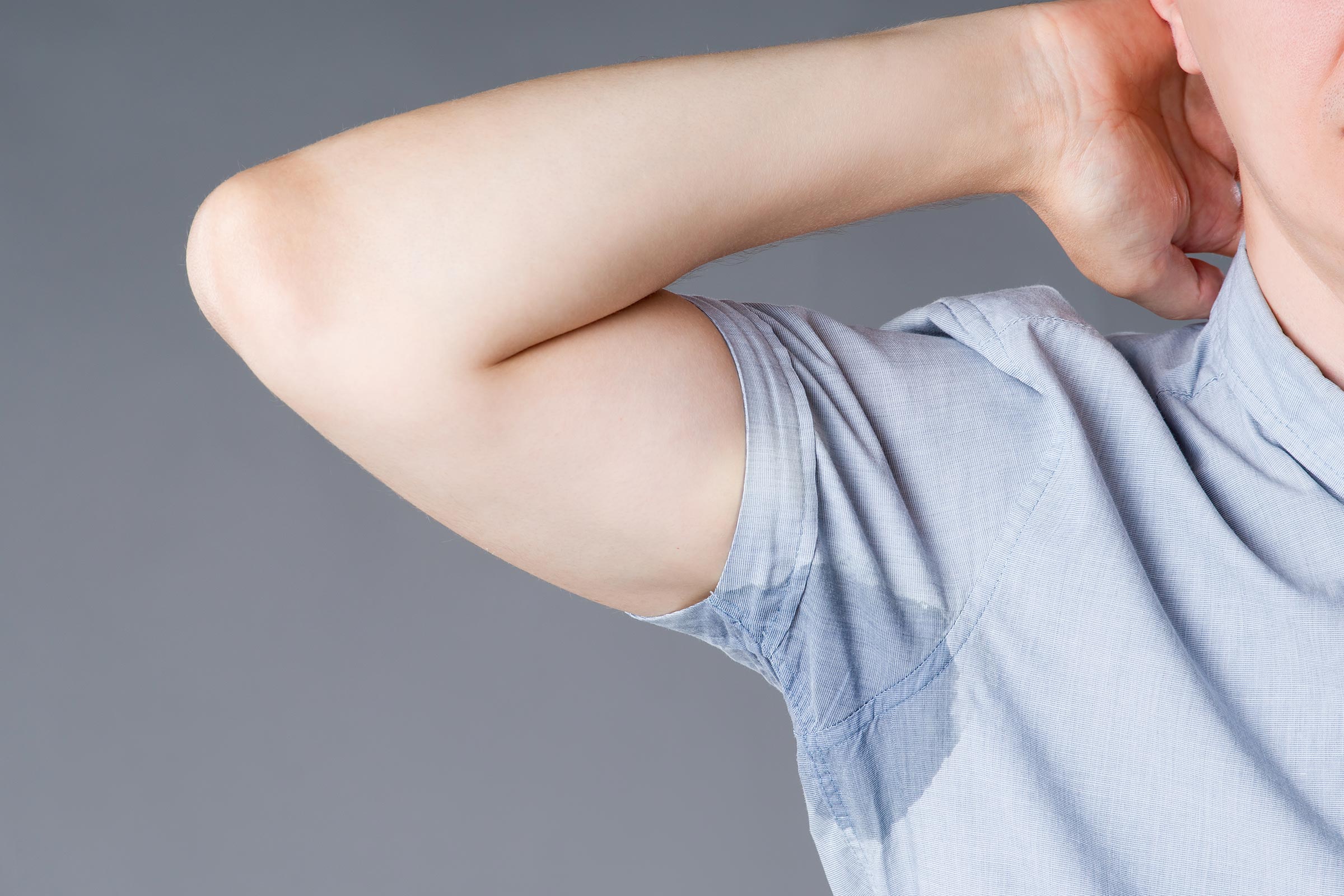
When you’re giving it your all at the gym, you don’t mind sweat. After all, a drenched tank top is practically a badge of honor—a sign that you’re pushing yourself to the max. But dripping on an average day at the office or when you’re having brunch with the family, on the other hand, is less ideal. And frankly, a bit perplexing.
You’re likely thinking “Why do I sweat so much?”. We asked Debra Jaliman MD, an assistant professor of dermatology at the Icahn School of Medicine at Mount Sinai in New York City, why you might be pumping out so much moisture, and what you can do about it.
Why do I sweat so much?
Perspiration, in and of itself, isn’t a bad thing. It’s a completely normal process that helps regulate your core temperature. When you’re body heats up, it excretes sweat that exits through your skin. As it evaporates (sweat is mostly water), it cools your body, explains Dr. Jaliman.
The hotter your body gets—say, because it’s a super sunny day, or you’re working out, or under mountains of stress—the more you sweat. Nerves can also trigger sweat production, which is why you might find your palms feel clammy when you’re on a job interview or first date.
How much sweat is normal?
You might leave drips on the pavement during a run while your jogging buddy barely glistens—and that’s totally normal. Different people sweat different amounts, depending on their DNA. “Your genes determine how many sweat glands you have. Most people have between two and four million,” says Dr. Jaliman.
But know this: Having more sweat glands doesn’t necessarily mean you’ll be a drippy mess; people with fewer sweat glands can produce just as much moisture as those with more of them. And if you live in a hot part of the country, or exercise a lot, you’re going to sweat more than someone who needs to wear sweaters even in the summer. That’s just common sense.
Some medications, including certain antibiotics, some blood pressure meds, several psychiatric drugs, and even OTC supplements can cause you to break out in a sheen when you’re not exerting yourself, according to the Mayo Clinic.
Hyperactive thyroid
If this small butterfly-shaped gland in your neck is producing high levels of the hormone thyroxine, your metabolism gets revved up, leading you to feel toasty, per the American Thyroid Association.
A chronic disease
Heart and lung disease and several types of cancer may also be a cause, reports the Mayo Clinic, but Dr. Jaliman notes that if one of these conditions is causing excessive sweating, you’re more likely to notice other symptoms first.
Hyperhidrosis
The most common medical diagnosis for excessive sweating is hyperhidrosis—a dysfunction in your central nervous system that causes your body to produce what feels like buckets of sweat. About 15 million people suffer from the condition; it usually affects the hands, feet, underarms, and face, according to a study published in Dermatology Journal. Stress and nervousness can make the problem worse.
How do you know if you have it? “If you go to shake someone’s hand and your hands are wet, that’s excessive,” says Dr. Jaliman. “Patients who have hyperhidrosis tell me their feet slide out of their shoes, that antiperspirant doesn’t work, and that it affects their daily routine. It’s not imagined.”




